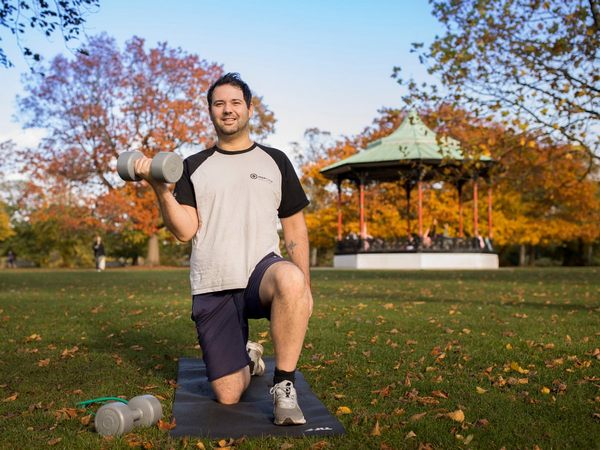Action Replay – Back to the roots

One of the consequences of the Covid lockdowns was a drastic reduction in the physical exercise that most people took part in. They were encouraged to go out once a day for a walk, run or bike ride, which led many to get to know their local area rather better. But team sports and visits to the gym were not allowed, and this created financial problems for sports centres, firms that made or sold sports gear and so on, quite apart from the effect on people’s health.
This applied not just in the UK, of course, and large international organisations are doing their bit to improve things and mitigate some of the effects of Covid: ‘Fit for Life is UNESCO’s sport-based flagship designed to accelerate COVID-19 recovery, support inclusive and integrated policy making, and enhance the wellbeing of youth around the world’ (unesco.org). It is young people in particular who are targeted, with the aim of increasing grassroots participation and reducing inactivity and chronic disease. Focus on women and girls is intended to increase inclusivity.
Nothing at all wrong with boosting people’s physical activity and health, but there are economic arguments here too (this is capitalism, remember). The UNESCO page refers to a report produced in 2020 by the management consultancy firm McKinsey & Co (mckinsey.com) which argued that health ‘contributed almost as much to income growth as education’. The cost of ill health in 2017 was estimated as $12 trillion, about one-sixth of global GDP, as those who are seriously ill or die prematurely cannot be economically active. Covid and its repercussions were forecast to reduce global GDP by up to 8 percent in 2020. Promoting more participation in sport and exercise more generally is only part of improving the health situation, but it is not negligible, and the UNESCO programme is seen as contributing to this.
In an article summarised at sportanddev.org, Ben Sanders and Jay Coakley drew a distinction between elite or performance sports on the one hand and grassroots sports on the other. Elite sports generally receive more resources (from governments and so on), but it is grassroots sports that promote greater participation and, supposedly, ‘the application of sport for development and peace.’
Last year’s Commonwealth Games in Birmingham received £6.5m in funding via the National Lottery to increase sporting activity by young people (it’s called funetics). Let’s hope that those who take part in it really do have a good time, but don’t forget that capitalism’s priorities are really behind it all.
PB
